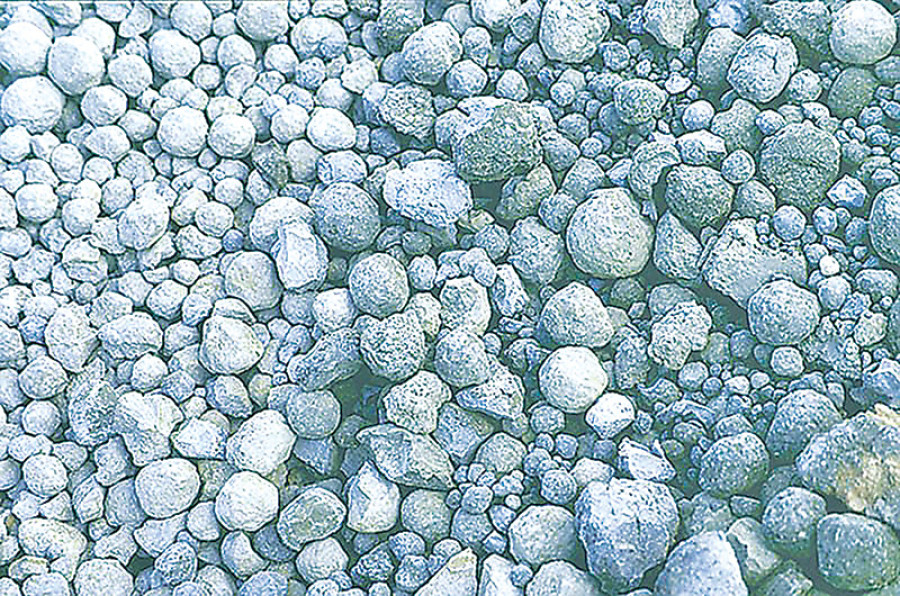Money
Clinker arrives as transport dispute ends
Four railway rakes loaded with cement clinker bound for cement factories in Parsa-Bara Industrial Estate have arrived at the railway station in Raxaul, on Thursday.
Shankar Acharya
Four railway rakes loaded with cement clinker bound for cement factories in Parsa-Bara Industrial Estate have arrived at the railway station in Raxaul, on Thursday.
The shipment had been halted for five days due to the transport disruption caused by the protests in Raxual.
A total of nine railway rakes that were supposed to supply the raw material for a Nepali cement factory had been stuck in Indian land after local people in Raxaul launched protests against the environmental and health problems triggered by the dust thrown out by the dumping of the raw material. On Monday, the people called off the protest after the Indian authority assured to dump the raw material at the dry port in Birgunj.
Bishnukant Chaudhary, chief executive officer of Himalayan Terminals, a private company authorised to manage the dry port, confirmed that the railway rakes had started moving to the Raxaul based railway station. “The five remaining rakes are expected to reach the railway station in the next 3-4 days,” Chaudhary said. A rake carries 3,600-3,800 tonnes of cement clinker.
Despite the end of the current stalemate, the problem has not been resolved completely as the Indian side is not keen on allowing the dusty cargo to be unloaded on Indian land in the future. Chaudhary said Indian Railway has already stopped booking the new consignment of clinker. “The supply will be disrupted again until the issue is resolved at the government level,” he added. Nepal imports cement clinker mainly from Jharkhand and Odisha in India.
As of now, the raw material is transported from mines in trains and unloaded at Raxaul railway station. It is then transported to Nepal in trucks. Recently, the local people in Raxaul had launched protest saying that the clinker dust that emanates during the unloading process has negatively affected locals.
Indian Railway forwarded a letter on December 22, asking Himalayan Terminals and Container Corporation of India to allow clinker to be unloaded at the dry port in Birgunj.
However, Himalayan Terminals is showing lukewarm response in doing so, claiming that there is no such provision in the bilateral railway agreement between the two countries.
Chaudhary said they should first obtain a no objection letter from the Government of Nepal to dump clinker at the dry port. “Provided we get the government’s authorisation, we are ready to use necessary steps to prevent dust from spreading that could be released during unloading of the cement clinker,” he said.




 9.7°C Kathmandu
9.7°C Kathmandu















